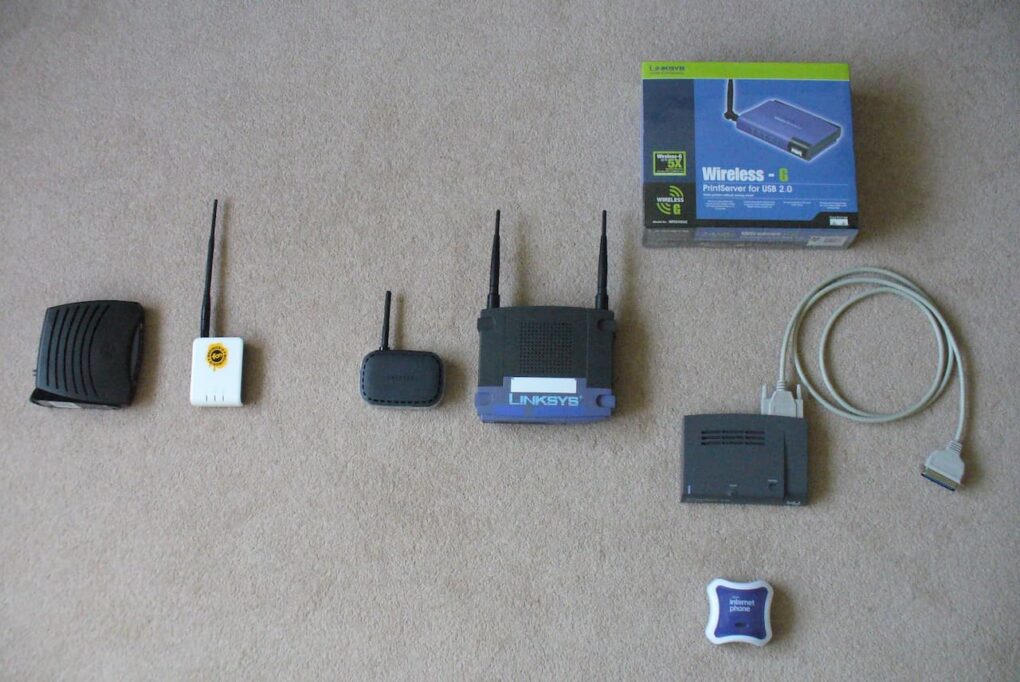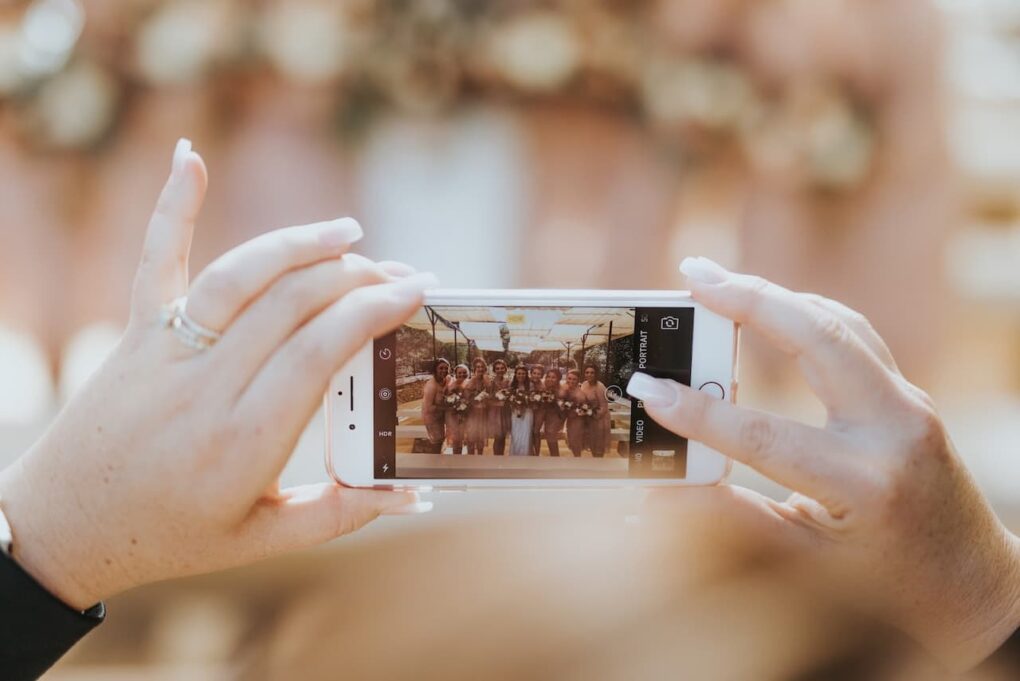Setting up a Wi-Fi network for 100-plus wedding guests in the middle of nowhere is a challenge, but it can be done! With a bit of planning, you can provide reliable Wi-Fi for your guests for the duration of your wedding celebration. Here’s what you need to know.
- Understand Your Needs
The first step is to understand your needs and assess the availability of a cellular network in the area. If there is no network available or the signal is weak, you may need to consider other options such as satellite internet or a point-to-point wireless connection. Depending on your location, you may need to set up a network that can handle a large number of devices and provide a fast connection. You’ll also need to consider how long the network needs to last, as well as your budget.
Assuming there is a cellular network available, the next step is to determine the number of devices that will be connecting to the network. A few hundred people could mean several hundred devices, and it is essential to ensure that the network can handle the traffic.
- Choose the Right Equipment

To set up a Wi-Fi network, you will need to invest in equipment such as a router and access points. You may also need to consider using a high-gain antenna to extend the network’s range. The number of access points required will depend on the size and layout of the venue. If you’re in a remote area, you’ll likely need to set up a mesh network, which is a type of network that consists of multiple access points that are connected and configured to provide coverage over a large area. You’ll also need to choose the right antennas and cables, as well as a router or modem.
Another consideration is power. You will need to ensure that there is a reliable power source available to keep the network running throughout the event. This could mean using a generator or setting up a solar power system.
- Set Up the Network
Once you have the right equipment, you’ll need to set up the network. This includes configuring the access points, connecting the cables and antennas, and setting up the router or modem. Depending on your location, you may need to purchase additional equipment, such as an amplifier or signal booster, to ensure that the signal reaches all areas.
- Test the Network
Once you’ve set up the network, you’ll need to test it to make sure it’s working properly. To test the network, you will need to check the connection speed and coverage, as well as look for any security vulnerabilities. To do this, you can use various tools such as a network analyzer or a Wi-Fi scanner. A network analyzer can help you identify any network issues, while a Wi-Fi scanner can help you check the signal strength and coverage of the network. You should also test the network with multiple devices to ensure that it can handle the expected number of users. Additionally, you should check for any security vulnerabilities, such as unsecured connections or unauthorized access. By testing the network, you can ensure that it is working properly and provide a reliable connection for your guests.
- Secure the Network
Once the network is up and running, it’s important to secure it to prevent unauthorized users from accessing the connection. This includes setting up a firewall, encrypting the connection, and setting up a guest network for visitors.
- Provide Support
Finally, it is essential to communicate the availability of the Wi-Fi network to your guests. You could provide them with a password on the invitation or set up signs around the venue. You may also want to consider hiring a technician to provide support and troubleshoot any issues that arise during the event.
Final Thoughts

In conclusion, setting up a Wi-Fi network for 100-plus wedding guests outdoors is possible, but it requires careful planning and preparation. It is essential to assess the availability of a cellular network, determine the number of devices that will be connecting to the network, invest in the necessary equipment, ensure that the network is secure, and communicate its availability to your guests. With the right preparation, your guests will be able to make phone calls and share photos on social media, making your wedding a memorable occasion for everyone.
